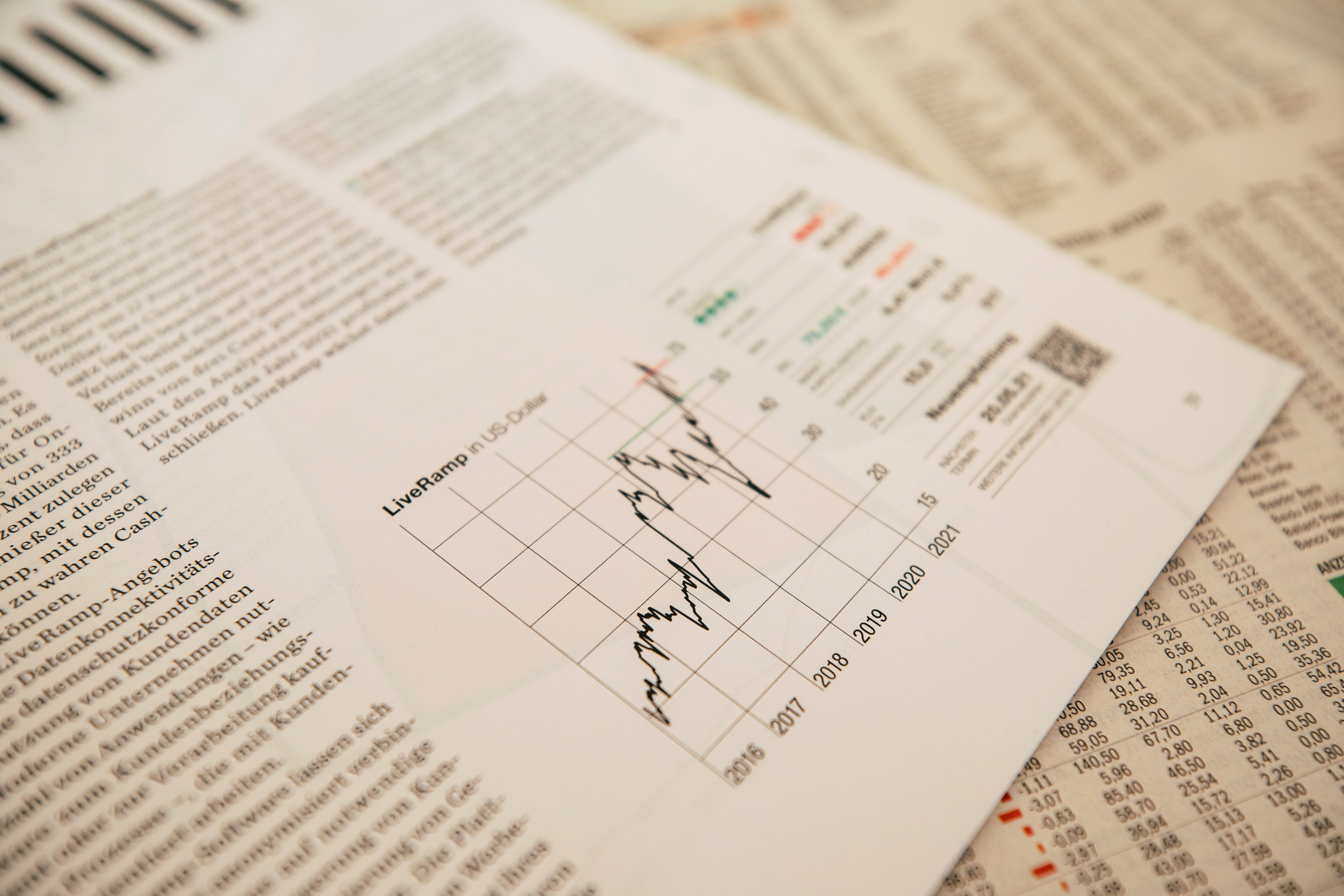
How Do I Know I'm Making the "Best" Decisions?
Video #4 of Mo’s Daily Video Updates:
Transcript
How do I know I’m making the best decision?
Amidst today’s turmoil, many investors are contemplating whether they should liquidate some holdings, whether they should invest in companies whose prices were beat up? Or if they should sit on their hands and get a better handle on the situation? Since each comes with its own risks, I’m repeatedly being asked, how do I know that I’m making the “best” decision?
So, let me address that by saying that when it comes to investment decisions there is a rarely a “best” and absolutely no perfect decisions. Mostly, our decisions will be there reasonably good or ostensibly bad. And there are several reasons why perfect investment decision-making is a myth.
The first challenge to perfect decision-making is the non-linearity of investment decisions. To most people’s chagrin, investing is closer to poker than it is to chess, as it’s a game with incomplete information, is both part art and part science, and involves element of luck – so risk management is parament. By considering the number, the size and probability of the bets being taken, both pokers players and investors could produce exceptional results – EVEN while being wrong 40% of the time. In making decisions about the future, we must the probability of our desired outcomes, what we are willing to bet on being right and what we are prepared to lose if we’re wrong. That’s how someone who loses 40% of the bets can still end up with 100% of the pot. The challenge is that the average investor cannot ascribe perfect probabilities to specific future outcomes. This makes it difficult to distinguish between that which is possible and that which is probable, which in turn makes it difficult to be certain about what will be profitable.
The second challenge to perfect decision-making is the involvement of luck. The role of luck is perhaps the hardest for most people to digest, as foolish investors could get lucky and savvy investors get unlucky. That means that good decisions and good outcomes aren’t always aligned.
Some reckless endeavors have a positive outcome, for example playing Russian roulette and surviving. Conversely, some protective endeavors – like putting your savings in a bank that collapsed – have a bad outcome. As such, the quality of a decision cannot be determined solely based on its outcome. But, since outcomes are observable, while risk is not, the best decision is rarely obvious.
The third challenge to perfect decision-making is the absence of immediate feedback. Researchers have shown that when doctors claimed that the patient had a 90% of having pneumonia, they were correct only 15% of the time. Whereas when weather forecasters predicted 90% chance of rain, they were correct 90% of the time. The difference between a doctor and a weather forecaster is the gap between the prognosis and feedback. We see the weather every minute, allowing meteorologists to adjust and refine their assessment, whereas treatments (and investments) can take weeks, months and years to prove themselves. And investors have one more complication – a subjective time-horizon. One person requires a specific outcome in three years, another in in ten. Each will have a different decision-making calculus and feedback needs, compounding the challenge of the decision-making process.
So, no, neither you nor anyone else will make perfect decisions. No one can definitively tell you if you should sell, buy now or wait. There will be no indicators to say, “the coast is clear”. The best we can do is make directionally correct decisions that align with our needs, where the risk of loss is much smaller than the prospect of gain. And even if we are wrong in out assessment, the bets are small enough that we’ll live to remedy it. Perhaps, if we accept the imperfection of all our investment decisions, we’ll become better equipped to make them.
In the meantime, stay safe. Stay calm. Stay thoughtful.
References








.png)